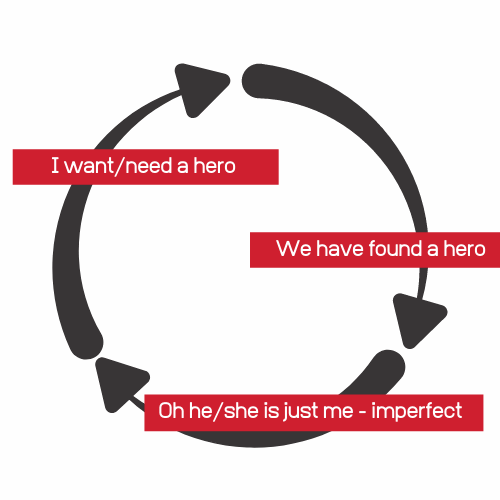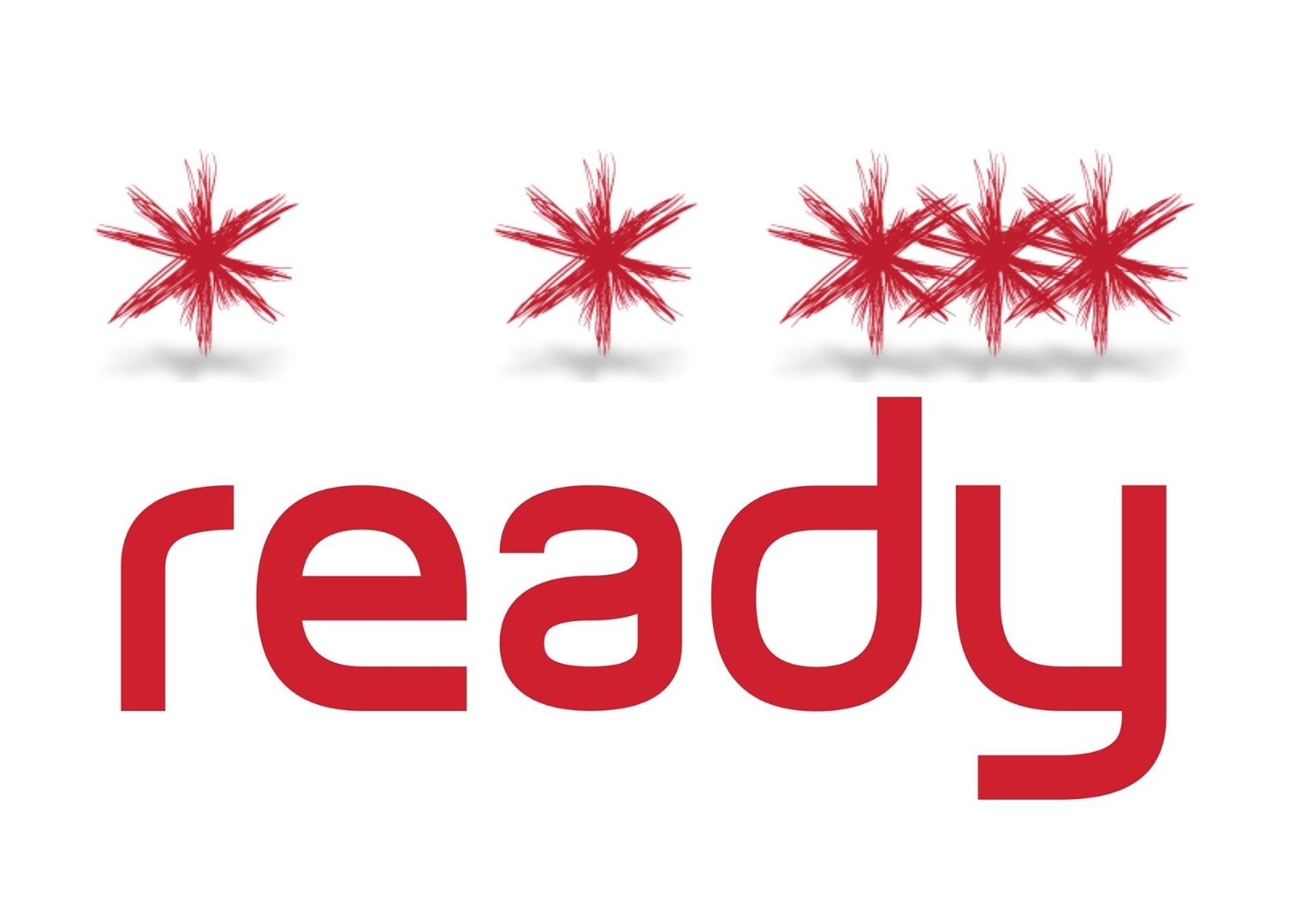
COVID19 – Give Yourself Some Slack
Courage & COVID19
Giving Yourself Some Slack
Written by Heidi Mumme, Affectus Facilitator and Researcher
Have you thought about going easy on yourself?
What are your expectations of yourself ?
These are completely abnormal times, unprecedented circumstances, terms we are all becoming more familiar with since COVID-19 first reared its ugly head. These are times we are all navigating through on a day by day basis. It can be stressful and scary; it is uncertain and there is no handbook to help us.
What is your new normal?
The reality is that there will be people who no longer have jobs, people who are now juggling work under a new set of conditions, and there will be some for which life hasn’t changed too much. Whatever your new norm is, there will be continuous readjusting to what that means for you. The reality of what your new norm looks like has/or is possibly still kicking in - this new normal will become normal, at least for now.
Goals and standards drive us as individuals whether in work or your personal life, but COVID has shifted many goals posts for almost all of us.
What happens when the goal posts are shifted?
For most of the population working from home is not the norm, let alone trying to work at home with your partner and/or children all trying to function in the same space, throw home schooling into the mix and each day can be a definite challenge – give yourself some slack.
Yes, we are going to make mistakes – big ones and small, and that is OK. Making mistakes is part of life and they are important to learn from. If something didn’t work today, try it differently tomorrow and see what happens – Have you given yourself some slack yet?
Our "Give Yourself Some Slack" Tips.
- Don’t compare yourself to others – your situation and current set of circumstances is unique to you. What works for your best friend may not work for you and that is OK.
- Understand the goal posts have shifted and this may mean you need to reassess the expectations you would normally put on yourself – you need to find a happy medium in your new situation.
AND
Ask yourself these questions each day
- What are 3 things I am grateful for?
- What are 2 things I did well today?
- What is 1 thing I would do differently?
Recognise when you need some time out for yourself because you will!!
More than ever we need to take care of ourselves, look out for each other and be considerate to each other.
Be generous and be kind to yourself and those around you.















